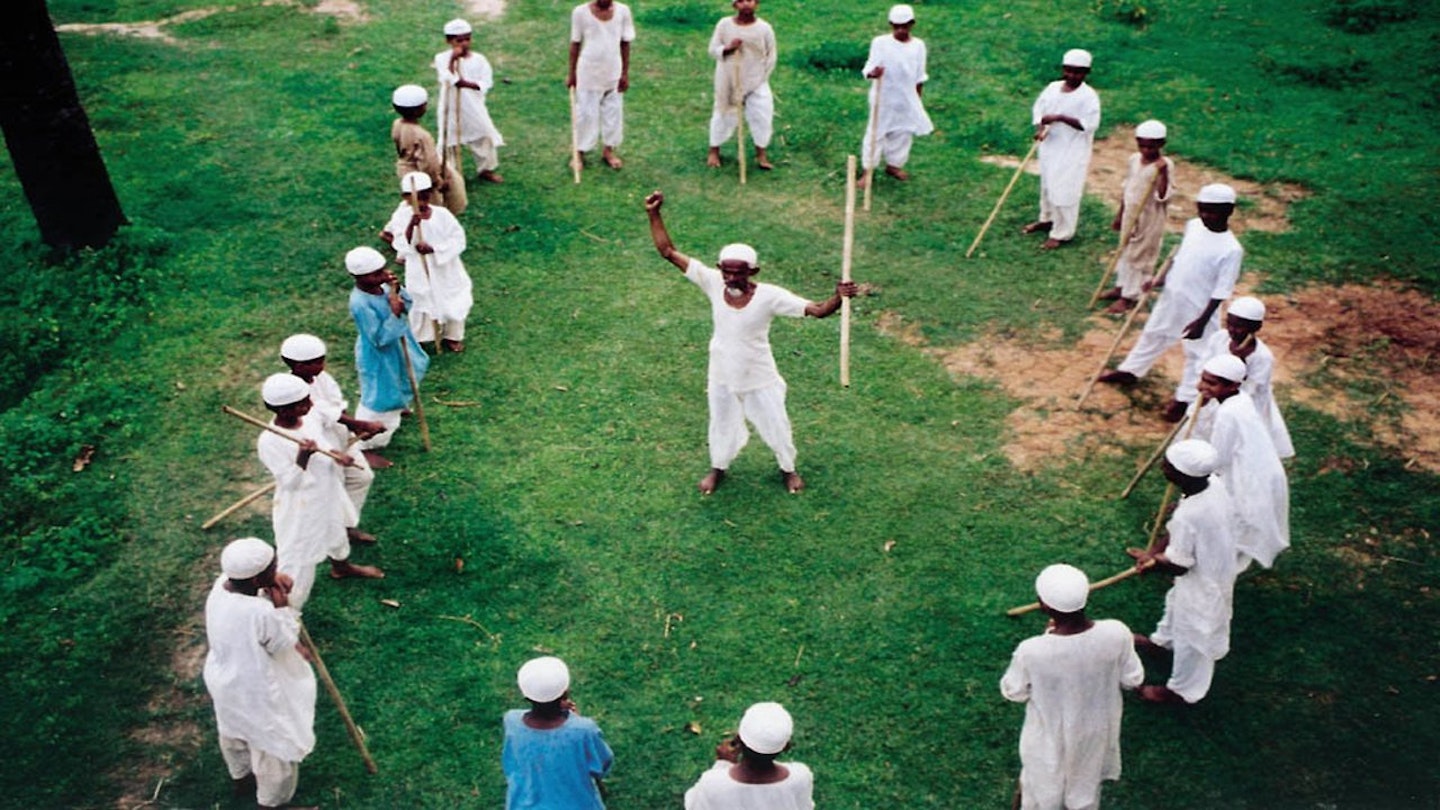Although it's set in East Pakistan in the late 1960s, Tareque Masud's debut feature - which was co-scripted and edited by his American wife, Catherine - carries a universal warning about the dangers of political and/or religious extremism.
Budgetary constraint means that the momentous events that resulted in the creation of Bangladesh largely occur off-screen, but Masud succeeds in exploring wider societal tensions by focusing on the misfortunes that befall Muslim homeopath Jayanto Chattopadhyay, whose orthodoxy hastens the death of his daughter and the alienation of his entire family.
The themes of progress, prejudice and pacifism are reinforced by young son Nuril Islam Bablu's experiences at a strict Islamic school (where he befriends a despised outsider) and some clumsily intrusive musical interludes. But while Masud trades in Bollywood stereotypes and occasionally didactic dialogue, he still manages to persuade without undue provocation.
